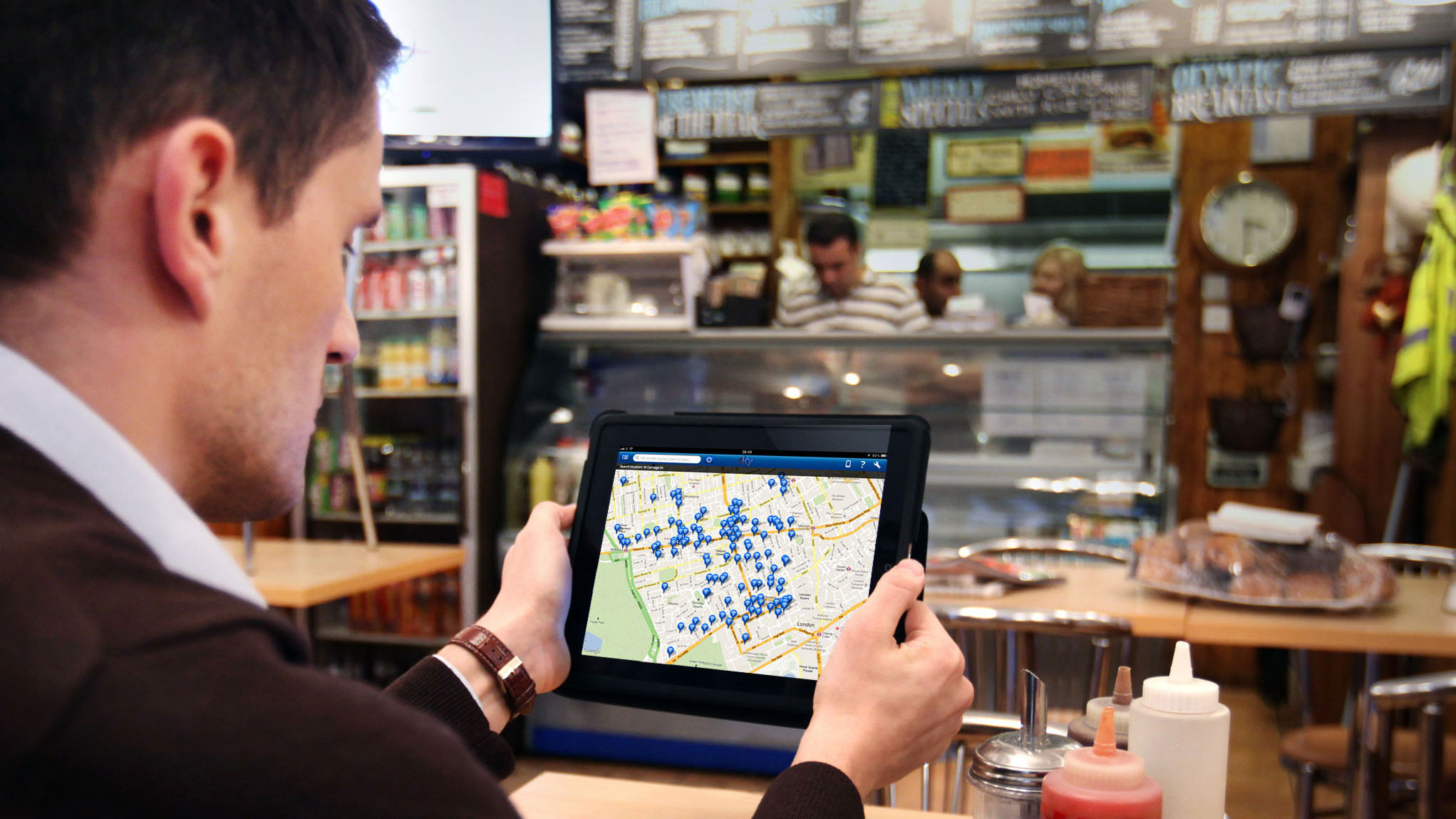Breaking down barriers: how mobility is transforming the way we work
Aruba Networks Workplace Futures report: Part 5

Many of the changes we're seeing in the workplace are driven by #GenMobile Millennials, as Aruba Networks has called this group. Mid-20s to mid-30s Betapreneurs such as Facebook founder Mark Zuckerberg, who believe that brands need to be increasingly weightless, connected and present in all aspects of our lives if they are to have any real impact.
Similarly, they expect the world to work and think like they do, in ways that are collaborative, connected, creative, but also local, artisanal, agile and socially and civically aware.
#GenMobile Millennials, for instance, think business can do more to address society's challenges such as resource scarcity (68%), climate change (65%) and income equality (64%), according to Deloitte. When deciding whether to accept a job offer, 78% of Millennials are influenced by how innovative a company is.
For them, innovation means companies that allow them to work not just remotely, but on their mobiles, their core work tool. A recent survey of the #GenMobile tribe by Aruba Networks suggests that nearly half prefer non-traditional working hours, that is, outside the usual 9:00am–6:00pm.
Working hours less rigid than ever
Nearly a third (29.3%) of those prefer to work during late evenings. Almost two-thirds (63%) believe their mobile devices help them to manage their lives. This generation is ringing the changes around the workplace.
In their short history, smartphones have revolutionised our working practices. At present, 36% of US workers frequently check work emails outside of normal working hours according to Gallup. The same survey found that 79% of respondents found this to be a positive behaviour.
JWT Amsterdam's new office design is in step with the #GenMobile work routine. The space is designed with this demographic in mind, and features Think spaces where teams can position themselves away from desktop screens and near windows that overlook Leidse Square.
Are you a pro? Subscribe to our newsletter
Sign up to the TechRadar Pro newsletter to get all the top news, opinion, features and guidance your business needs to succeed!
As we progress from the industrial age into the cloud and data age, the most valuable commodity of the 21st century won't be coal, diamonds or oil, but data sets that enable businesses to pre-empt consumer behaviour. As a result, a new wave of business practices are taking hold that range from stewardship of data to harvesting data from co-workers, clients, and even competitors, to enhance productivity.
Flexi-working
Personal.com is a new service that enables people to take control of their personal data and store it in a vault in the cloud. This is one of the first in a wave of data concierges that store people's personal information, and place it out of the reach of businesses that monetise it free.
A new psychographic is emerging in which employers no longer dicate to workers, who instead are forming flat work structures that suit team members who are collaborative, creative, conversational, collegiate and critical.
"Tomorrow's workers are not seeking lifetime employment, but lifetime learning," says Philip Auerswald, economist and author of The Coming Prosperity: How Entrepreneurs Are Transforming the Global Economy. "They connect, create, contribute and collaborate whenever and wherever it makes sense."
Logistics company Ryska Posten's office by Vida centres on the idea of a micro-village that changes the emphasis from traditional hierarchies to collaboration by grouping areas according to function rather than seniority. Crucially, the design enables teams to have 'great fun at work', according to the architect.
With the decline of fixed working structures, in which people are in the same position in an office day after day, we will discover new ways to work in temporary jobs, yet occupy full-time roles.
Freelance work to become the norm?
"We have left the full-time employee- or head count-driven talent environment, and we are now in an open-talent economy," says Gyan Nagpal, author of Talent Economics: The Fine Line Between Winning and Losing the Global War for Talent. "In the open-talent economy, maybe 30–50% of your capabilities will come from full-time workers, but the majority will be outsourced to free agents."
The rise in freelance work is in a transitional period as we adapt to 'Flexecutive' business, according to Sara Hill, founder of The Jobshare Project, a group of business leaders committed to bringing flexible collaboration to the workplace. In this era of Flexecutive working, independent agents will be brought together to complete a task – design a product, launch a brand, engineer a start-up – and then disbanded when that task is complete.
"The biggest trend we are seeing is enabling people to work in flexible job designs," says Hill. "Senior roles are becoming much more about project-based work. Many brands stumble at this prospect, of placing people in long-term temporary opportunities. There will be a significant trend towards job-sharing; that is, working together part-time in a full-time role."
The qualities of the new workplace will coalesce to form Bleisure Hives, Symbiotic Organisations and Convergent Workhouses in the coming years.
- Aruba Networks conducted this whitepaper with global trends and insight consultancy, The Future Laboratory. Follow the link for Part 1.